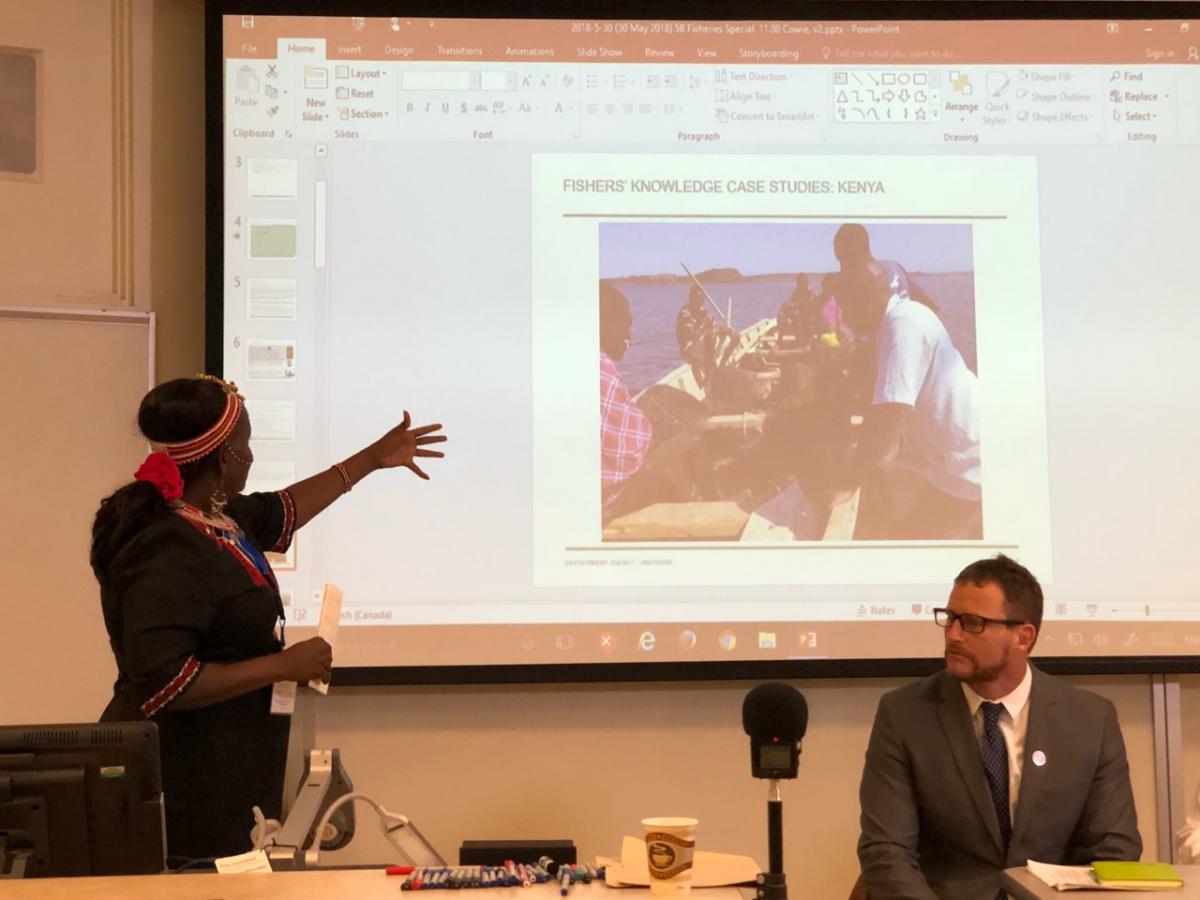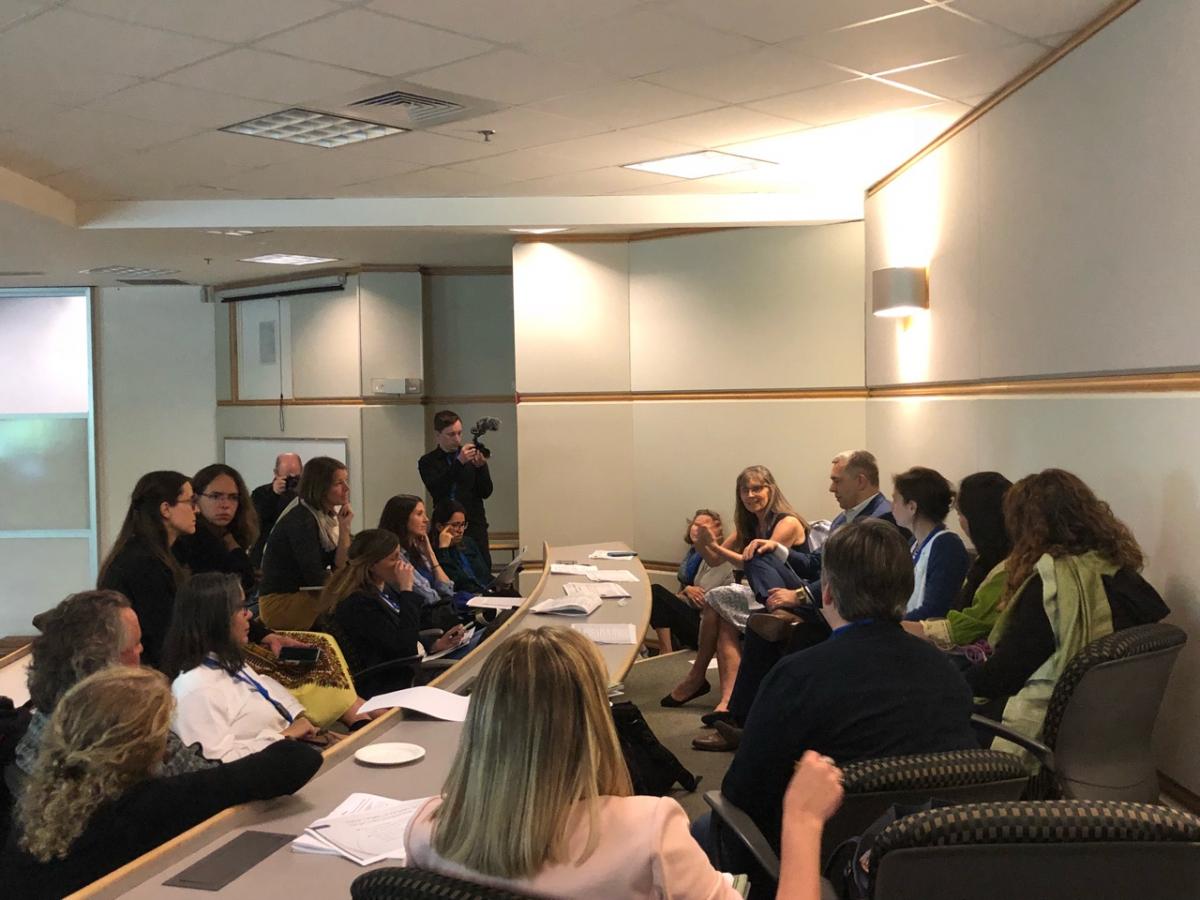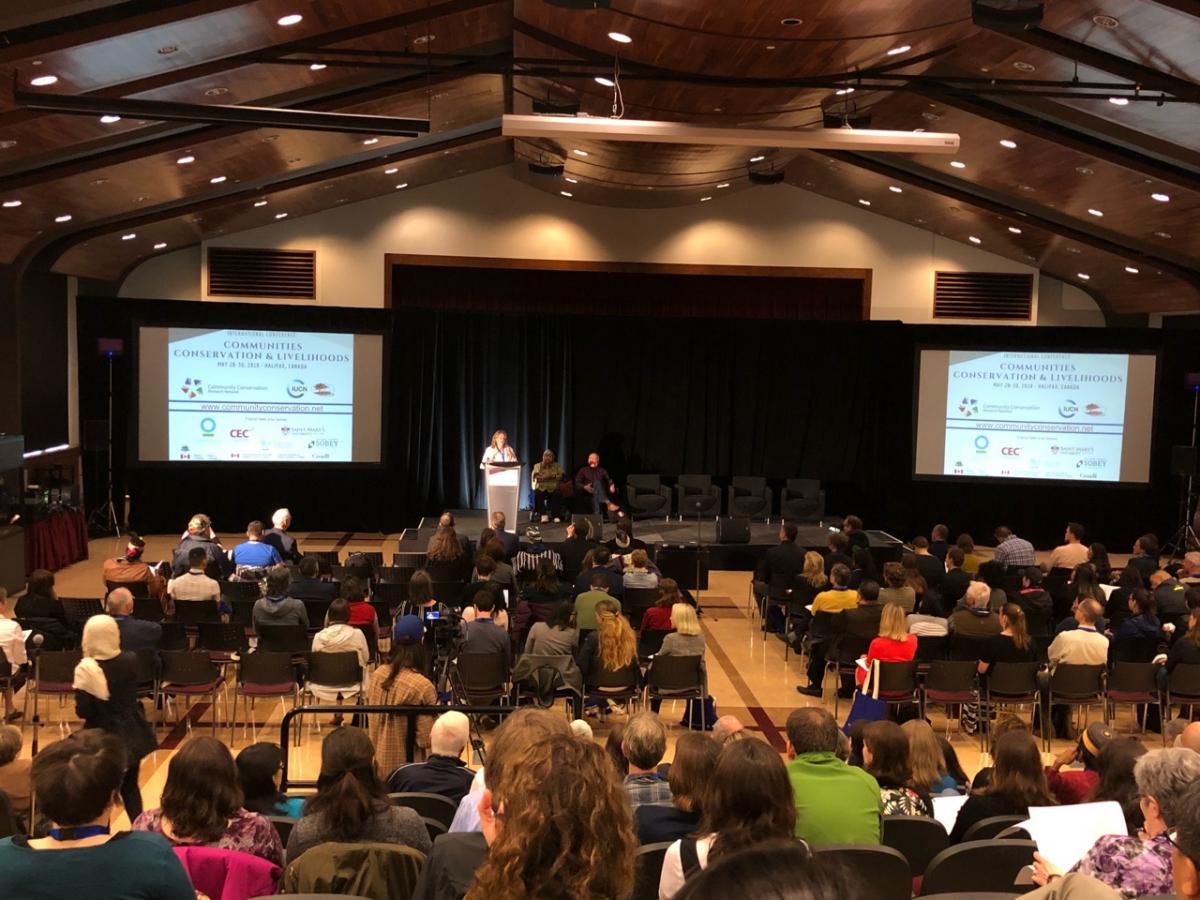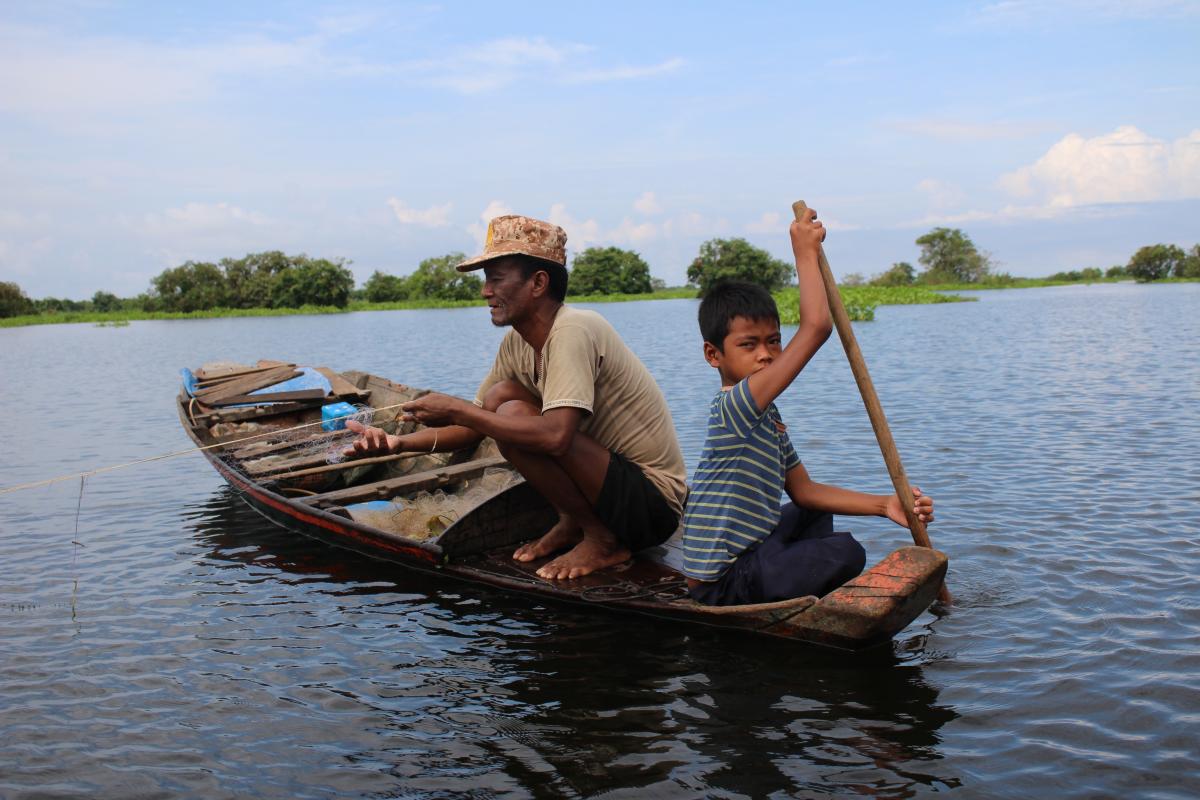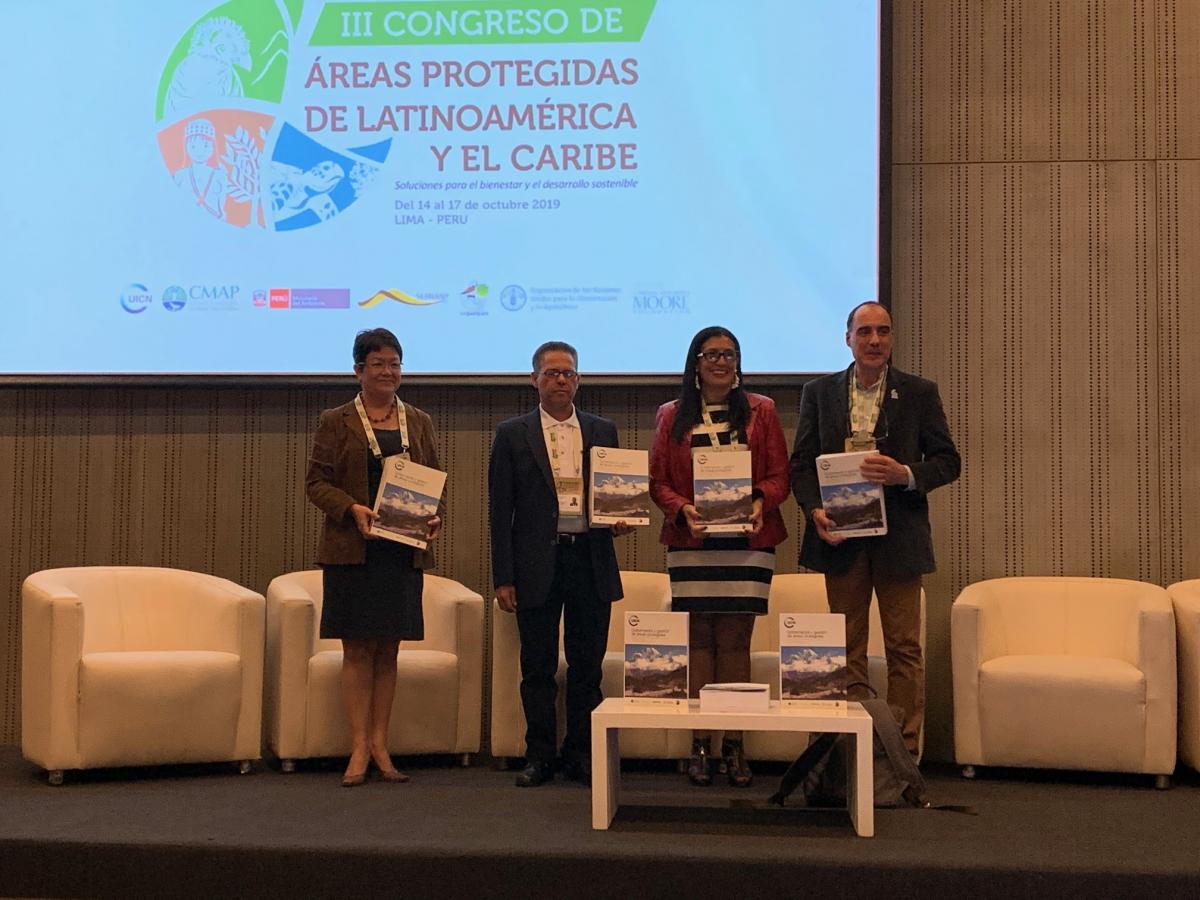Sharing our Tonle Sap experience
On May 28-30, Pheakdey Sorn, IUCN Cambodia’s Water & Wetlands Coordinator, participated in the Communities, Conservation and Livelihoods international conference in Halifax, Canada, organised by the Community Conservation Research Network (CCRN) and the IUCN Commission on Environment, Economics, and Social Policy (CEESP). The conference, with 450 participants from 50 countries, was a chance to shine a spotlight on how local communities around the world engage in nature conservation and how they can be best supported through policy and practice.
Pheakdey presented on “Community-based small-scale Fish Conservation Area Management in the Tonle Sap, Cambodia," which was well received and triggered plenty of discussion. The case study demonstrated success in building community capacity by instilling greater community self-confidence, improving co-management through strong multi-stakeholder support, increasing fish stocks by establishing strictly protected fish conservation areas (FCAs), improving livelihoods from increased fish catch, and developing innovative sustainable financing options.
Follow-up discussions indicate that results from the case study will be included in the global Guidance for Integrating Indigenous and Local Knowledge (ILK) on Fisheries Management and in IUCN Red List of Threatened Species™ assessments.
Overall, this project showed that in the complex socio-ecological system of the Tonle Sap, ecosystem-based interventions through the establishment of FCAs can achieve both biodiversity conservation and livelihood development objectives, as well as contribute to the challenges of climate change (SDG 13), work to reduce rural poverty and food insecurity (SDG 1, SDG 2), and support sustainable development and ecosystem conservation (SDG 17).
For details of Pheakdey Sorn's presentation, please see HERE.
